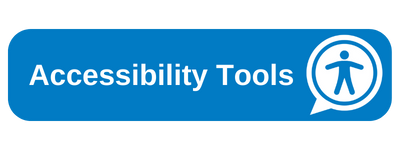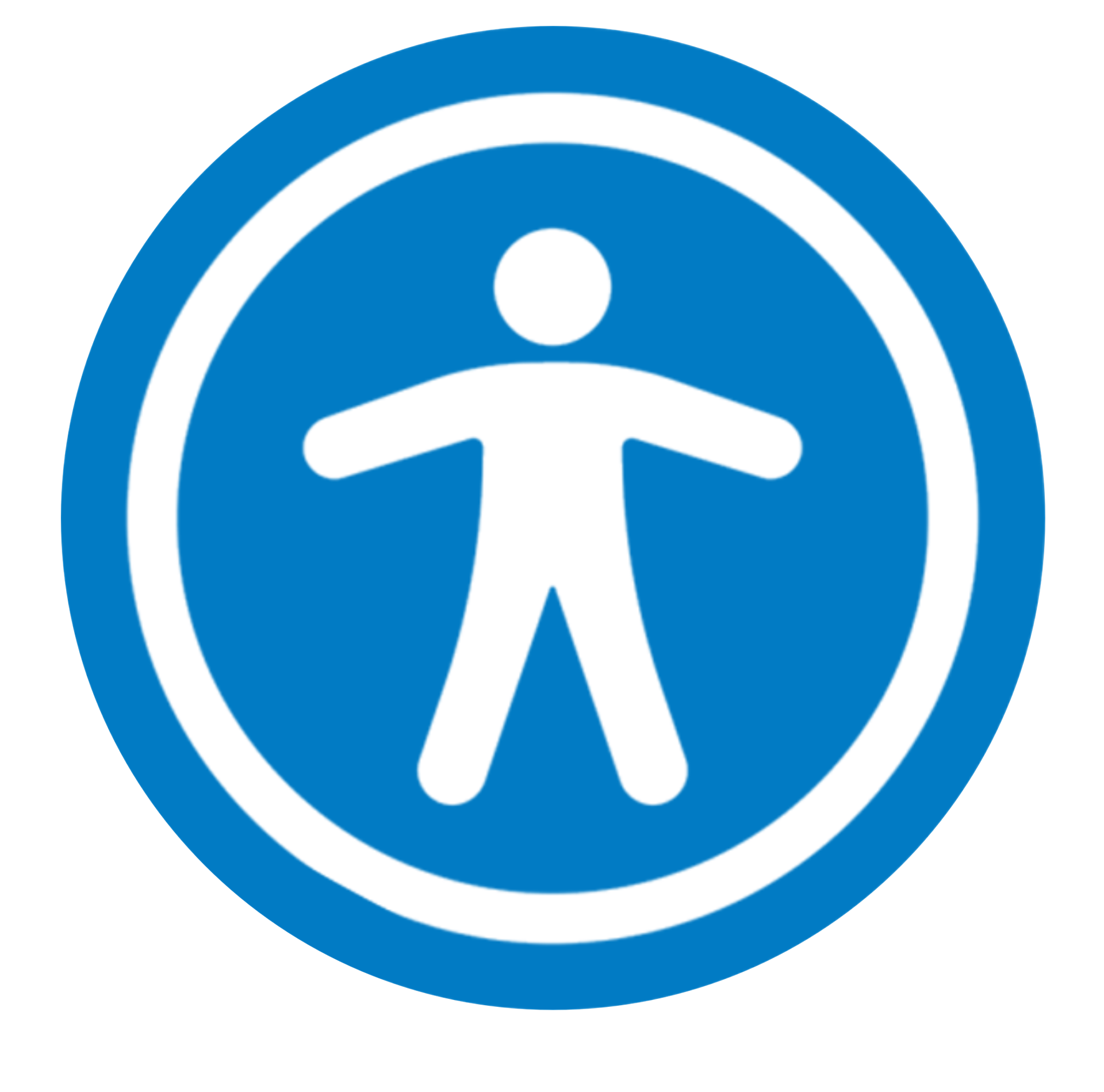You are here: Eating Disorders/adults/MH/eating-disorders
About eating disorders
What are eating disorders?
Eating disorders are a range of conditions that can affect someone physically, psychologically and socially, regardless of gender, age or size. A person with an eating disorder may focus excessively on their weight and shape, leading them to make unhealthy choices about food with damaging results to their health.
Although serious, eating disorders are treatable conditions and full recovery is possible. The sooner someone gets the treatment they need, the more likely they are to make a full recovery. Eating disorders are complex; there’s no single cause and not all symptoms will apply to all people.
Anorexia Nervosa and Bulimia Nervosa are the most commonly spoke about eating disorders. However, there are several types of eating disorders and all of them are important.
Some of the main eating disorders are as follows:
People who have anorexia try to keep their weight as low as possible by not eating enough food or exercising too much, or both. This can make them very ill because they start to starve. They often have a distorted image of their bodies, thinking they are fat even when they are underweight. Men and women of any age can get anorexia, but it's most common in young women and typically starts in the mid-teens.
People who have bulimia go through periods where they eat a lot of food in a very short amount of time (binge eating) and then make themselves sick, use laxatives (medication to help them go to the toilet) or do excessive exercise, or a combination of these, to try to stop themselves gaining weight. Men and women of any age can get bulimia, but it's most common in young women and typically starts in the mid to late teens.
Binge eating disorder involves regularly eating large portions of food all at once until you feel uncomfortably full, and then often upset or guilty. Binges are often planned in advance and the person may buy "special" binge foods. Men and women of any age can get binge eating disorder, but it typically starts in the late teens or early 20s.
It is currently not recognised in a clinical setting as a separate eating disorder, so you would not be officially diagnosed with “orthorexia” at the doctors, but the term would likely be brought up in discussion. Orthorexia refers to an unhealthy obsession with eating “pure” food. Food considered “pure” or “impure” can vary from person to person. This doesn’t mean that anyone who subscribes to a healthy eating plan or diet is suffering from orthorexia. As with other eating disorders, the eating behaviour involved – “healthy” or “clean” eating in this case – is used to cope with negative thoughts and feelings, or to feel in control. Someone using food in this way might feel extremely anxious or guilty if they eat food they feel is unhealthy.
- Other Specified Feeding or Eating Disorder (OSFED) -
It is common for symptoms to not fit with the exact diagnostic criteria for anorexia, bulimia, or binge eating disorder, so it is classed as an OSFED – OSFED accounts for a large percentage of eating disorders.
Examples of OSFED's are:
- Atypical anorexia – where someone has all the symptoms a doctor looks for to diagnose anorexia, except their weight remains within a “normal” range.
- Bulimia nervosa (of low frequency and/or limited duration) – where someone has all of the symptoms of bulimia, except the binge/purge cycles don’t happen as often or over as long a period of time as doctors would expect.
- Binge eating disorder (of low frequency and/or limited duration) – where someone has all of the symptoms of binge eating disorder, except the binges don’t happen as often or over as long a period of time as doctors would expect.
- Purging disorder – where someone purges, for example by being sick or using laxatives, to affect their weight or shape, but this isn’t as part of binge/purge cycles.
- Night eating syndrome – where someone repeatedly eats at night, either after waking up from sleep, or by eating a lot of food after their evening meal.
Eating disorders do not always involve the physical aspect of being thin, someone with a normal or high BMI may still have an eating disorder; you just may not be able to see it. If you or someone you know could be suffering with an eating disorder, it is important to get help. You can always go to your GP who can pass you on to services and people who can give you support and advice.
The Centre for Clinical Interventions has several resources available for self help and help for others struggling with an eating disorder along with helpful guidance with other mental health challenges.
Who can help?
If you are worried that you may have an eating disorder, visit your GP for support and access the following websites for more information:
- Beat – Beat provides Helplines for people of all ages, offering support and information about eating disorders no matter where you are in your journey. These Helplines are free to call from all phones.
Our Helplines are open 365 days a year from 1pm – 9pm during the week, and 5pm–9pm on weekends and bank holidays. Support on the Helpline is available by phone, email, webchat (live link) through our social media accounts and by letter. Calls to the helpline are free from landlines and mobile phones within the UK and do not appear on itemised bills.
Sometimes our lines are busy. If you can't get through immediately, please do try again or try our one-to-one web chat or send us an email.
If you are in need of urgent help or medical advice for yourself or someone else, please contact 999 or the Samaritans on 116 123 if you or someone else is in immediate danger. If you are looking for medical advice, contact your GP or 111.
Helpline for England: 0808 801 0677
Helpline for Scotland: 0808 801 0432
Helpline for Wales: 0808 801 0433
Helpline for Northern Ireland: 08088 010 434
- Personalised Eating Disorder Support (PEDS)- (Self-Refer) - offers assessment and support with signposting and where appropriate to service users, families and loved ones and professionals. We offer our service users individual sessions which are tailored to meet the unique needs of each person. We also provide family sessions which include practical help, education and support. We operate mostly remotely and sessions are via Microsoft Teams or Zoom. This includes assessments, 1:1s and groups (service users and carers). Face-to-face sessions, if required, are held at Boroughbury Medical Centre
- SEED - We are a group of ordinary people with first hand experience of eating disorders, who make a difference to those people whose lives are blighted by this devastating illness. All services can be accessed through self-referral. We provide support and services for people living in Hull East Riding and Out of Area.
- MaleVoicED - MaleVoicED is a charity providing a platform to all males enabling the sharing of narrative around poor relationships with food and co-morbid conditions. MaleVoicED also shares the experiences of caregivers, friends and associates who have been affected by such poor food related relationships. MaleVoicED hopes that with the sharing of such narratives, services for males will be improved.
- Overeaters Anonymous - Overeaters Anonymous is a fellowship of individuals who, through shared experience, strength and hope are recovering from compulsive overeating. Welcomes everyone who wants to stop eating compulsively.
- British Nutrition Foundation - Promotes the wellbeing of society through the impartial interpretation and effective dissemination of scientifically based knowledge and advice on the relationship between diet, physical activity and health.
- Recover Your Life - One of the biggest and best Self Harm Support Communities on the Internet, offers help on a variety of topics surrounding self harm, including self injury, eating disorders, mental health issues, abuse and bullying, as well as drugs and alcohol and first aid.
- The Mix - The Mix is a website for young adults. It has advice and will help you take on any challenge you’re facing - from mental health, eating disorders to money, from homelessness to finding a job, from break-ups to drugs. Talk to them via online, social or their free confidential helpline.
Mental health challenges are common but help is available and with the right support many people recover completely. Check out our Support Services Page for lots of services who are local and national!
*Some information gathered from www.nhs.uk and the services listed.

